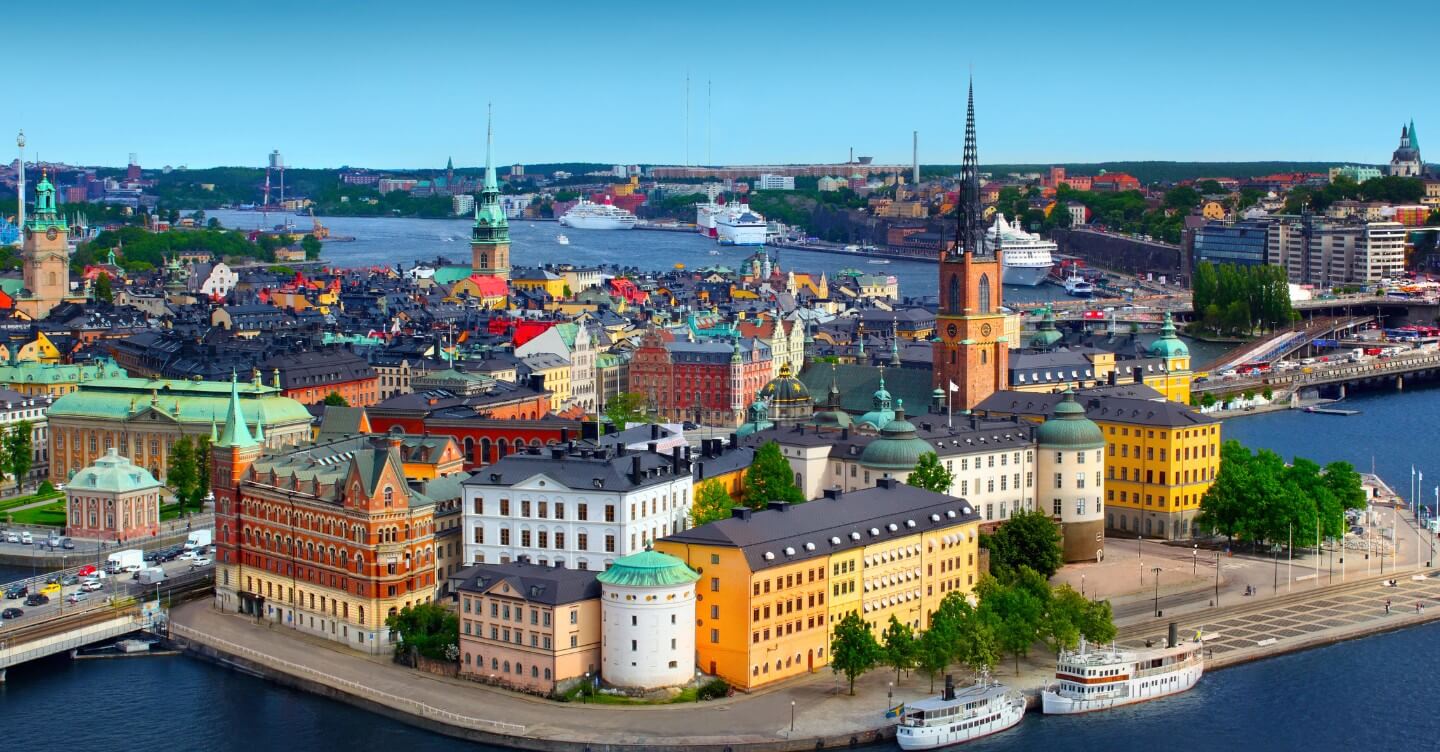Sweden presents a mixed environment for hosting a VPN server, and its “Average” rating on the Privacy Protection Index (PPI) warrants a cautious and skeptical approach. While Sweden has a reputation for internet freedom and is a member of the European Union, adhering to the General Data Protection Regulation (GDPR), the country has implemented data retention laws under the Electronic Communications Act, requiring telecommunication providers to retain user data for a specified period. Furthermore, Sweden is part of the 14 Eyes intelligence-sharing alliance, which raises concerns about potential surveillance and data sharing among member countries. In recent years, the Swedish government has been criticized for expanding surveillance capabilities through the Defense Intelligence Court, which could impact the privacy of VPN users. Therefore, while Sweden may offer some privacy protections, it is essential to weigh these against potential risks before choosing it as a VPN server location.
Freedom of Expression and Censorship
Sweden has a longstanding tradition of supporting freedom of speech and freedom of the press, with roots dating back to 1766 when the country became the first in the world to introduce a constitutional law to abolish censorship and guarantee public access to government information. This Freedom of the Press Act, part of Sweden’s constitution, underscores the strong national commitment to freedom of expression. However, the country does maintain some restrictions in the interest of public safety, such as laws against hate speech defined as speech, threats, or expressions of contempt based on race, color, national or ethnic origin, religious belief or sexual orientation.
The country’s respect for freedom of speech, however, has not completely negated instances of self-censorship. Over the past years, concerns have been raised about self-censorship among journalists, artists, and authors due to perceived societal pressures and fear of retaliation or violence. A well-publicized example of this would be the controversy that followed the publication of the Prophet Muhammad caricatures by Swedish artist Lars Vilks in 2007, which led to violent reactions and threats. Hate speech laws, while intended to protect vulnerable groups, have been criticized by free speech advocates who argue they may inadvertently stifle legitimate discourse. It’s important to consider these nuances in the discussion about the balance between freedom of expression and protection against harm in the Swedish context.
P2P, Torrenting, Streaming
Peer-to-peer (P2P) technology and torrenting have stirred substantial discussion in Sweden. This is the birthplace of The Pirate Bay, a notorious torrenting website globally recognized since its inception in 2003. While P2P technology itself is not illicit and hosts a wide range of legitimate applications, it’s frequently associated with illegal sharing of copyrighted materials. The Pirate Bay provides a prime example, with its founders convicted of assisting in copyright infringement in 2009. Despite the significant legal implications of this case, the website continues to operate, which demonstrates the challenging enforcement landscape of digital copyright law.
Sweden, as part of the European Union, adheres to the EU’s stringent copyright regulations rather than a domestic counterpart to the U.S. Digital Millennium Copyright Act (DMCA). The EU’s Copyright Directive, sanctioned in 2019, imposes more responsibility on websites to prevent the unauthorized upload of copyrighted content. On the streaming services front, Swedes have extensive access to popular platforms such as Netflix, Amazon Prime, Disney+, and Spotify, among others. Yet, the mounting concerns about digital rights and user privacy have prompted many Swedes to adopt VPNs to safeguard their online activities. Whether for accessing geo-blocked content or shielding themselves from potential scrutiny, these practices underscore the ongoing debates about internet freedom and the rights of digital users.
Government Surveillance and Data Retention
Sweden is part of the 14 Eyes alliance, a group of countries that share intelligence for national security purposes. This international partnership extends the “Five Eyes” alliance, comprising the United States, United Kingdom, Canada, Australia, and New Zealand, and includes nine additional countries, among them Sweden. While this alliance aims to fortify international security, it has raised significant concerns about individual privacy and government surveillance, as data can potentially be shared between these countries.
In the context of domestic legislation, Sweden’s laws surrounding data retention and surveillance have evolved over time. The Swedish Intelligence Law, passed in 2009, allows the Swedish Defence Radio Authority (FRA) to monitor and analyze electronic communications crossing the country’s borders, which has sparked debates over its implications for privacy rights. Similarly, the EU’s Data Retention Directive, which Sweden implemented in 2010, mandated telecommunication companies to store certain types of data for a period between six months and two years for law enforcement purposes. However, this directive was later invalidated by the European Court of Justice due to concerns about its impact on privacy. The tension between these surveillance activities and the right to privacy remains a crucial issue in the national and international discourse.
Privacy Protections
The Swedish government has taken several steps to protect and bolster digital privacy, in alignment with the broader European Union (EU) context. As an EU member, Sweden is bound by the General Data Protection Regulation (GDPR) that was introduced in 2018. GDPR has been instrumental in giving individuals more control over their personal data. It mandates businesses to protect the personal data and privacy of EU citizens for transactions that occur within EU member states. Non-compliance results in hefty penalties, incentivizing businesses to prioritize data privacy.
Furthermore, in 2018, Sweden introduced a new law, “The Camera Surveillance Act”, that tightened rules around surveillance cameras to better protect individual privacy. The law requires businesses and private individuals to seek permission before setting up surveillance cameras. Swedish authorities have also been proactive in educating the public about digital rights and data privacy. For instance, the Swedish Authority for Privacy Protection, formerly known as the Data Inspection Board, regularly conducts audits, issues guidelines, and provides advice to individuals and organizations to ensure compliance with privacy laws. These collective efforts reflect Sweden’s commitment to safeguarding digital privacy in an increasingly interconnected world.
VPN servers in Sweden:







Leave a Reply